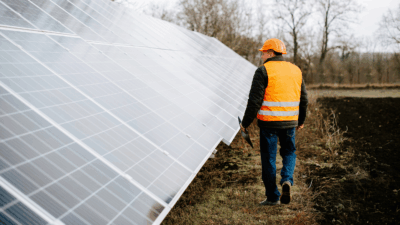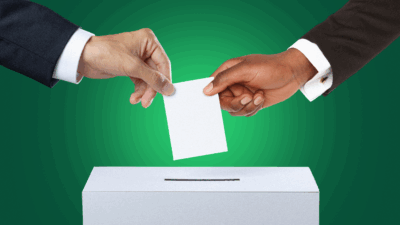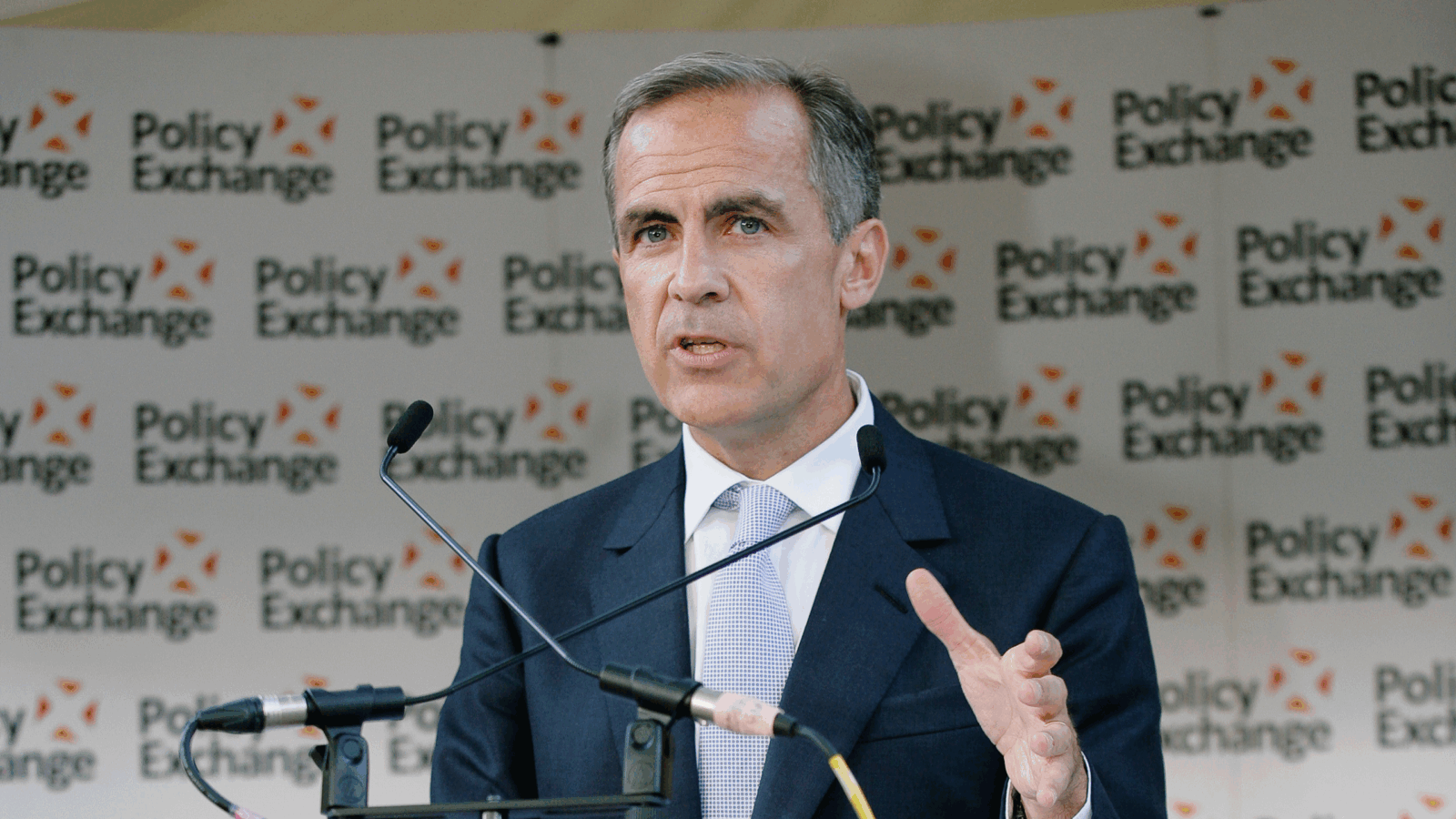Sign up for smart news, insights, and analysis on the biggest financial stories of the day.
At the outset of the pandemic, a sharp contraction in economic activity led to a temporary drop in pollution and a boost to air quality. Some national news outlets clung to the feel-good narrative, even indulging in fake stories about dolphins returning to the canals of Venice.
While the pandemic-related drop in pollution was (by and large) temporary, a more structural reduction is coming by way of economics: the cost of polluting in the European Union is at its all-time high.
What’s The Story?
The EU Emissions Trading System (EU ETS) was established 15 years ago as part of the “cap and trade” program to curb carbon emissions. The exchange allows companies to trade carbon credits, or the right to release one ton of carbon into the atmosphere.
How It Works: Certain industries are allocated free carbon credits each year (airlines, utilities, etc.), while other credits must be bought at auction. The system is meant to encourage investment in sustainable innovation, and companies that reduce their emissions can sell their credits on the open market.
As environmental restrictions become more onerous, and the EU allocates fewer free credits over time, the price of carbon credits has been steadily rising:
- Over the past three years, the price of credits on the EU ETS has more than quadrupled.
- On Friday, the cost of one credit reached a 15-year high of €31.
Who’s Playing? It’s not just coal companies and Ryanair competing for the right to emit. Hedge funds, betting that restrictions will continue to ramp up, are scooping up carbon credits as a “green trade.”
And It’s having an impact: Coal production in Europe has dropped by about 50% since 2012.
How About In The U.S.?
At present, there are no national carbon trading programs or carbon taxes in the U.S. But that may soon change.
Jannet Yellen, the nominee for treasury secretary, has vocally supported a carbon tax and was a founding member of the Climate Leadership Council, a bipartisan group of influential economists and business leaders that aims to find a “cost-effective climate policy solution.”
The Takeaway
A tax on high-emitting industries hasn’t been required to change the energy landscape in the U.S. Coal mining capacity has fallen nearly 30% over the last decade, according to the Energy Information Administration.











